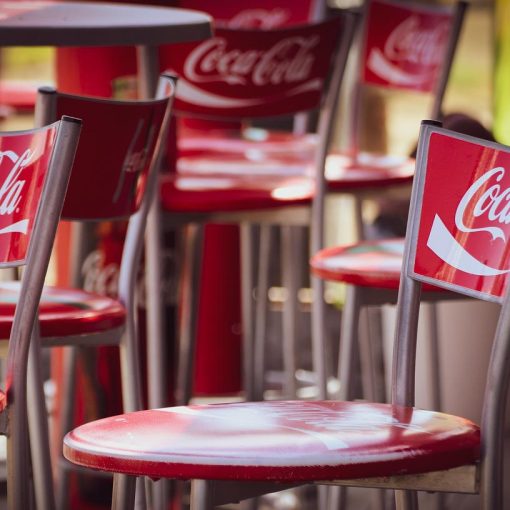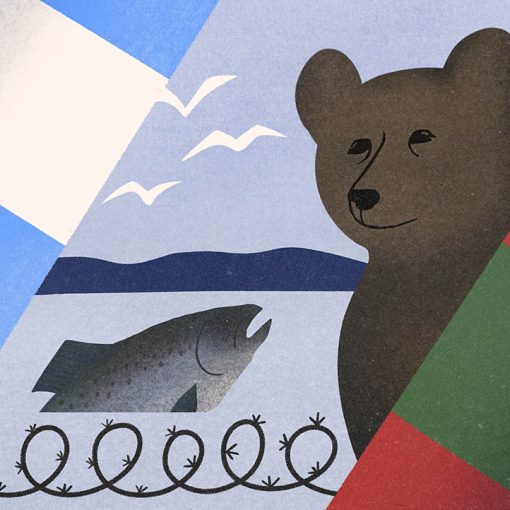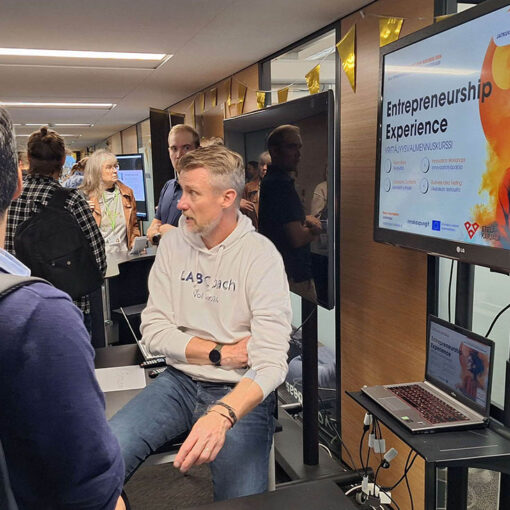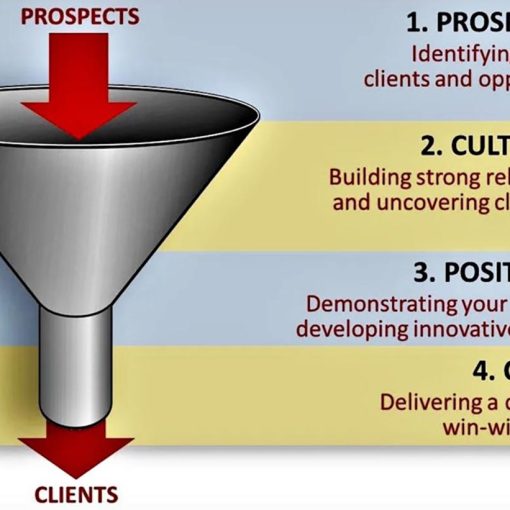Too often the slogans of the organizations are empty words, or it is at least hard to connect the brand promises and the practical activities. However, in the best cases, the principles guide both small and big activities.
As a part of the Smartville Living Labs project we organized a student innovation challenge at the University of Lusaka, Zambia, in August 2024 (LAB 2024; SmartVille Living Labs 2024). About 180 students participated onsite with an additional 55 joining online from Mulungushi University.
The challenge featured assignments from two companies: Afstor (2024) provides solar home systems including stoves. They bring electricity and internet to those who don’t have it and help to phase out charcoal burning. An integral part of the business model is the reforestation. Fiber-x (2024) provides different kinds of waste-to-value processing technology solutions. While at different stages of their internationalization, both company assignments were about creation of sustainable business ecosystems.
The outcome for the companies was deeper understanding of Zambia’s culture and operational environment. Feedback indicated that some of the insights were surprisingly business specific and useful, providing ideas on how to structure their activities and what the surrounding business ecosystem could look like. Students also suggested potential partners for complementary activities that the companies were not addressing.
![[Alt text: a group of young black students in a lecture hall.]](https://blogit.lab.fi/labfocus/wp-content/uploads/sites/8/2024/10/817_2024_Enabling-responsible-growth-with-innovation-challenges-1024x605.jpg)
Such innovation challenges bring meaningful, practical working life content to students while fostering crucial working life skills like teamwork, initiative, responsibility, problem solving, project work, time management and co-innovation. Students establish direct connections with potential employers, while companies gain access to emerging talent. As an output of the process, we also create value for our working life partners.
Meaningful assignments, motivated students
One aspect that was not so easy to quantify was the spirit during the event. The motivation, enthusiasm, optimism, and sense of doing something important together among the more than 200 innovative minds was palpable. While also in Zambia there are some ugly examples of doing seemingly good, while indebting and making the recipient dependent on the so-called benefactor, we were now creating solutions that would truly make people’s lives better. Not making them dependent but empowering them and their communities to stand on their own feet. We were promoting the solutions that are providing the access to electricity and internet for some who don’t have it. We were designing the sources of extra income for some very vulnerable groups through making use of waste flows and turning them to valuable resources. We were liberating people from some very time-consuming activities related to e.g. cooking.
The related logistic chains and service activities would provide even more business and employment opportunities. The success of these ecosystems would mean more economic activity in Zambia, maybe even industrial scale production, which would significantly impact the national economy and job market.
Seeking long-lasting solutions
The effects of climate change were evident during the innovation challenge. Due to drought, Zambia faced reduced waterpower generation causing power outages. As the link towers went down, so did the internet connections. Students were working hard for the companies which would help solving the problem they were suffering from at the very moment. Through Afstor’s solution we are phasing out the charcoal burning, which is one of the main reasons for deforestation and turn the tide towards reforestation and planting CO2 inhaling trees. On the other hand, Fiber-x works to replace fossil-based materials and tie the carbon from the atmosphere to our clothes and other products and supplies we use every day.
During those days we were not just studying. We were creating remarkable scale improvements to the lives of individual people, to vulnerable communities, a big boost to national economy and solutions that benefit the whole world. For us it is not just a slogan. Together with our partners we truly enable responsible growth.
Author
Ville Lehto works as team coach and senior lecturer of marketing and international business at LAB University of Applied Sciences. In Smartville living labs project he runs the work package aiming to develop learning methods and curricula.

References
Afstor. 2024. Website. Cited 9 Oct 2024. Available at https://www.afstor.com
Fiber-x. 2024. Website. Cited 9 Oct 2024. Available at https://www.fiber-x.fi
LAB. 2024. Developing Sustainable and Entrepreneurial Villages through Educational Living Labs in Namibia and Zambia. LAB University of Applied Sciences. Cited 9 Oct 2024. Available at https://lab.fi/en/project/developing-sustainable-and-entrepreneurial-villages-through-educational-living-labs-namibia
SmartVille Living Labs. 2024. Project website. Cited 9 Oct 2024. Available at https://www.smartvillelivinglabs.com




